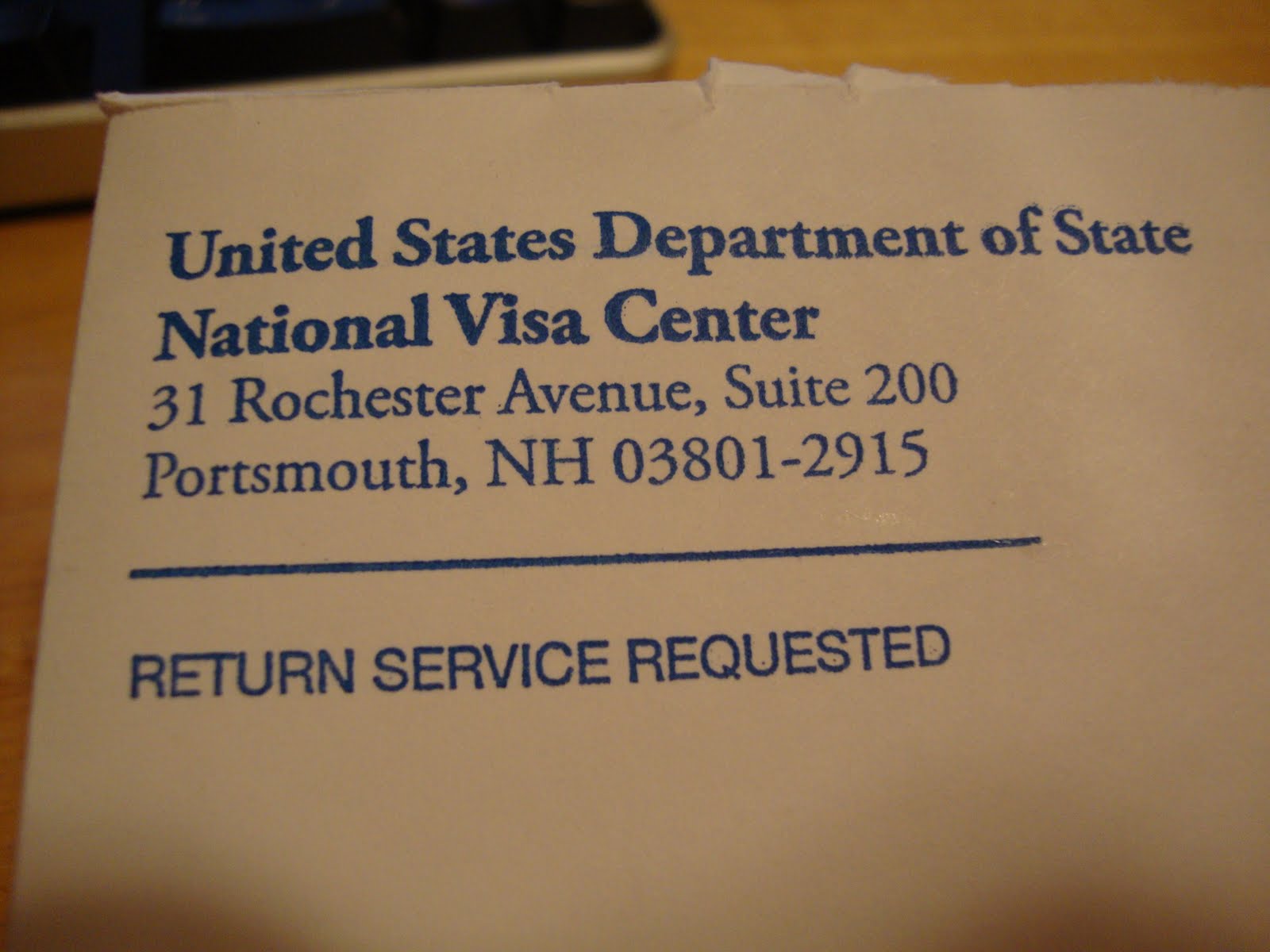Visa Waiver Visitors MUST have Electronic Passports
![]()
Both Los Angeles and Palm Springs are popular destinations for visitors from all over the world. Some visitors, from certain trusted countries, are allowed to visit the USA without a B-1/B-2 Visitor Visa. At both our Pasadena and Palm Springs offices, we’ve gotten quite a few calls about a change that went into effect today.
Beginning 1 April 2016, citizens from Visa Waiver Program countries who wish to visit the USA without a visa must travel using an e-passport, a passport issued by the country of nationality that meets certain security standards. An e-passport still looks like what you would expect a passport to be. However, an e-passport is machine readable and has an RFID chip embedded into it, with digital information about the passport holder. There are many fraud-resistent features built into these passports, such as images that change color and symbols that show up only under UV light. To know if a passport is an e-passport, look on the front or back cover for the symbol shown on the graphic at the top of this little blog.
If you are a citizen of a Visa Waiver-eligible country, but you do not have an e-passport, you must contact the US Embassy in your country to obtain a B-1/B-2 visitor visa. Border guards may deny you entry if you do not have the proper passport and could send you back on the next plane. Alternatively, you should contact the passport authority in your country to obtain a new passport.
 Immigration Visa Attorney Blog
Immigration Visa Attorney Blog


 Yes, yes, yes. Some information about the proposed Comprehensive Immigration Reform was released today.
Yes, yes, yes. Some information about the proposed Comprehensive Immigration Reform was released today. In January 2013, the US Department of State’s National Visa Center (NVC) began sending letters to many prospective immigrants about the “I-601A PROVISIONAL WAIVER OF UNLAWFUL PRESENCE.” This letter is scaring the living daylights out of thousands of immigrants. At Romben Law, APC in Los Angeles and Palm Springs, I have fielded about one hundred inquiries about this letter.
In January 2013, the US Department of State’s National Visa Center (NVC) began sending letters to many prospective immigrants about the “I-601A PROVISIONAL WAIVER OF UNLAWFUL PRESENCE.” This letter is scaring the living daylights out of thousands of immigrants. At Romben Law, APC in Los Angeles and Palm Springs, I have fielded about one hundred inquiries about this letter. Over many years, Romben Law, APC has counseled many immigrants who have come to the USA without passport or visa, or who have come legally but overstayed. In many of these case, it has not been possible to process the paperwork for an immigrant visa (the green card) without first having the immigrant depart the USA to go back to the US Embassy in the home country for an interview. In some cases, this means that the immigrant must file an
Over many years, Romben Law, APC has counseled many immigrants who have come to the USA without passport or visa, or who have come legally but overstayed. In many of these case, it has not been possible to process the paperwork for an immigrant visa (the green card) without first having the immigrant depart the USA to go back to the US Embassy in the home country for an interview. In some cases, this means that the immigrant must file an  The recent
The recent